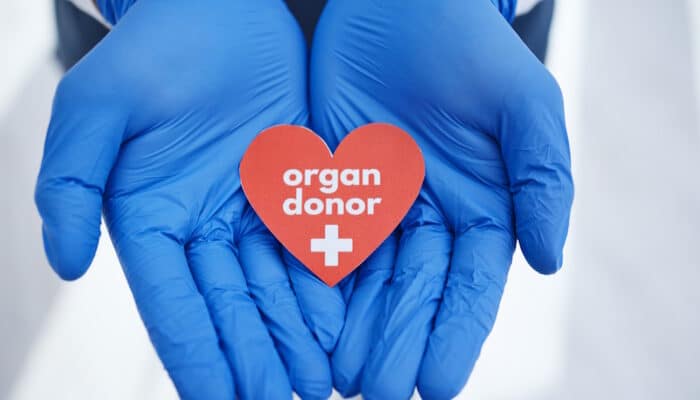Becoming an organ donor is a noble decision that can save lives. Thousands of Florida residents are currently waiting for donated organs. See Florida’s Waiting List with OPTN (i.e., Organ Procurement & Transplantation Network).
The following are some of the steps to become an organ donor in Florida (also see Florida Statute Chapter 765 Sections 510-547):
1. Sign Up at the Florida Organ Donor Registry:
- Register with the state organ donor database at Donate Life Florida. This can be done online, and it only takes a few minutes. Said registration will indicate one’s intention to donate organs and tissue upon your death.
2. Use Your Florida Driver’s License:
- When obtaining a new driver’s license in Florida, a Florida resident can express their desire to be an organ donor on their application. A driver’s license will then indicate that the holder is an organ donor.
3. Include Organ Donation in Your Designation of Healthcare Surrogate:
- In an estate planning documents, especially in the Healthcare Surrogate or power of attorney (designation of healthcare surrogate), include one’s desire to be an organ donor. This ensures that one’s wishes are known and followed.
4. Inform Others About Your Decision:
- Clearly communicate the decision to be an organ donor to family members, healthcare providers, clergy, and close friends. While one’s documented wishes must be honored, informing others helps avoid confusion or delays.
How to Donate One’s Whole Body in Florida:
If an individual wishes to donate their whole body for research or instruction, they can contact medical schools or whole-body donation organizations. One may find a list of body donation programs in the United States or contact national organizations like Science Care.
If a Florida Resident Does Not Want to Be an Organ Donor in Florida:
If a resident has strong feelings against being an organ donor, document those wishes in a signed and dated document, such as the healthcare surrogate or power of attorney. Ensure that family members and healthcare providers are aware of the decision to avoid any inadvertent donations.
Decision-Making in the Absence of Instructions:
If a person does not leave instructions about organ donation, Florida law determines who will make the decision. The order of priority includes a Healthcare Surrogate (if appointed), spouse, adult children, parents, adult siblings, adult grandchildren, grandparents, close personal friends, and others specified by law.
Remember, documenting one’s decision about organ donation is crucial, as it ensures their wishes are respected and followed after death. If a person has any concerns about the decision-making process, taking the time to document one’s preferences is essential. For more information, an individual can visit OrganDonor.gov, among others.
The foregoing is a brief and general overview of the topic.
If you have any additional Questions regarding the foregoing or have any legal issue or concern, please contact the law firm of CASERTA & SPIRITI in Miami Lakes, Florida.

